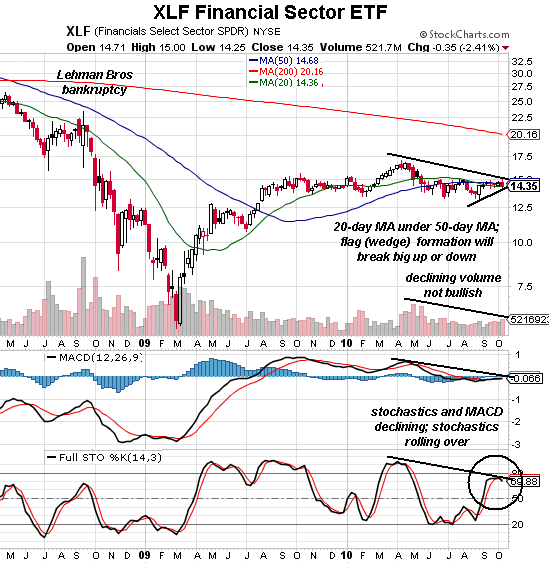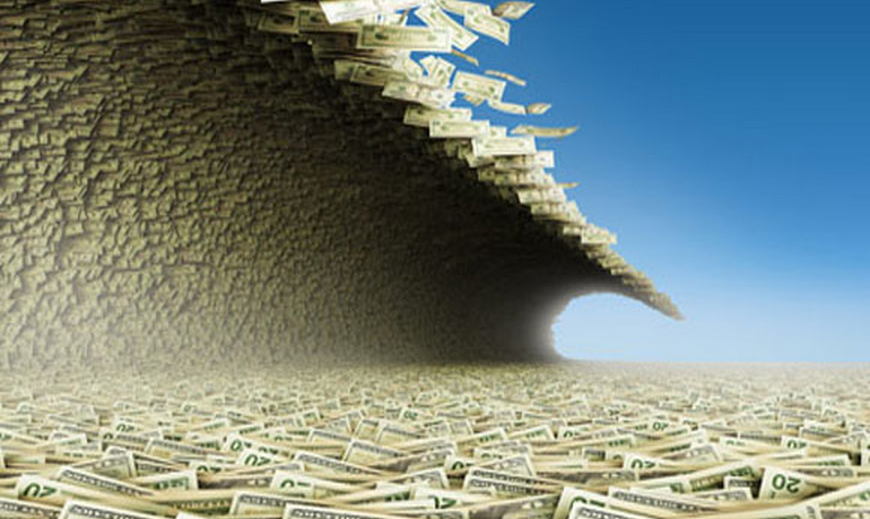Money Market Fund Disclosures Bend Your Dollar to Avoid Breaking the Buck US News
Post on: 3 Май, 2015 No Comment

Leading fund firms vow to shine more light on funds that promise to return every dollar you invest.
Funds that have been sold for more than four decades as a secure place to park your cash and never lose a penny are about to reveal more about their true risk.
Starting this week, a number of leading fund companies will voluntarily shine more light on these funds that promise to return every dollar you invest. The firms will begin reporting every day the net asset value of money market funds, instead of the delayed monthly reports they now make. But they will continue to cling to the commitment to make you whole when you want your money back and maintain their promise to avoid breaking the buck.
Exactly how reporting these new numbers will work out remains to be seen, but the disclosures will clearly show that fund shares, which purport to be worth $1 each, can actually rise or fall in price on a given day.
Will anyone be shocked if the $1 value of their shares is actually 99.999 cents? Not likely, since the funds will strive to redeem the shares at the same amount they always did. But some fund holders will be alarmed if the fund value goes on a sustained downtrend, no matter how small.
Risk-averse people scare very easy, says Bill Larkin, fixed-income portfolio manager for Cabot Money Management. They scramble like rats from a sinking ship if they sense risk. The lesson of the credit crisis, though, is that nothing is entirely safe.
Regulators are pushing for reform because the dollar-for-dollar guarantee is something the fund managers cannot really back up 100 percent of the time. Why does the government have a say? Because the last time a fund broke the buck, back in 2008, the Federal Reserve had to step in to promise investors they would not lose their holdings.
The danger is that the funds are creating a bigger risk to the entire financial system by offering a security blanket that could fail in an emergency. Like those old-fashioned electric blankets that had heated wires woven inside, the threat is that a short circuit could burn down the whole house.
With $2.5 trillion stuffed under the collective mattress of money market funds, such a fire could be costly indeed. What’s more, if the Fed had not acted in 2008, the impact would have been even wider since these funds provide the ready cash for managing short-term payments and transactions that power a broad swath of the economy. A credit freeze could have been devastating.
Despite their importance, money market funds go largely unnoticed, in part because they are boring by design. Compared to stocks or even most bonds, they are very safe and predictable investments because they hold mostly very liquid short-term notes and bills.

But for most people, bank deposits are still safer because they are insured directly by the Federal Deposit Insurance Corp. This has eliminated fear of losing bank deposits and has made bank runs an extreme rarity.
Money market fund failures are also rare, but the fund backers cannot wring every shred of risk from the investments. In the push-and-pull of the markets, it’s not always easy for fund managers to get the best value for securities they need for their funds. So their value can and does fluctuate.
Some clients may be worried, says Mark Germain, president of Beacon Wealth Management. But the risk is still low. It might take some rethinking about the holdings they have in their portfolio if money markets are changed.
For some individual investors, that could mean taking a fresh look at the safety of cash investments and considering putting more money into insured bank deposits.
For the fund industry, which is eager to avoid that flight of customers to banks as well as more strident regulation of funds, such as the wholesale elimination of the promise of a fixed share value, moves toward transparency are an attempt to maintain their funds’ safe-haven reputation. They say customers want the promise that their holdings are completely protected.














